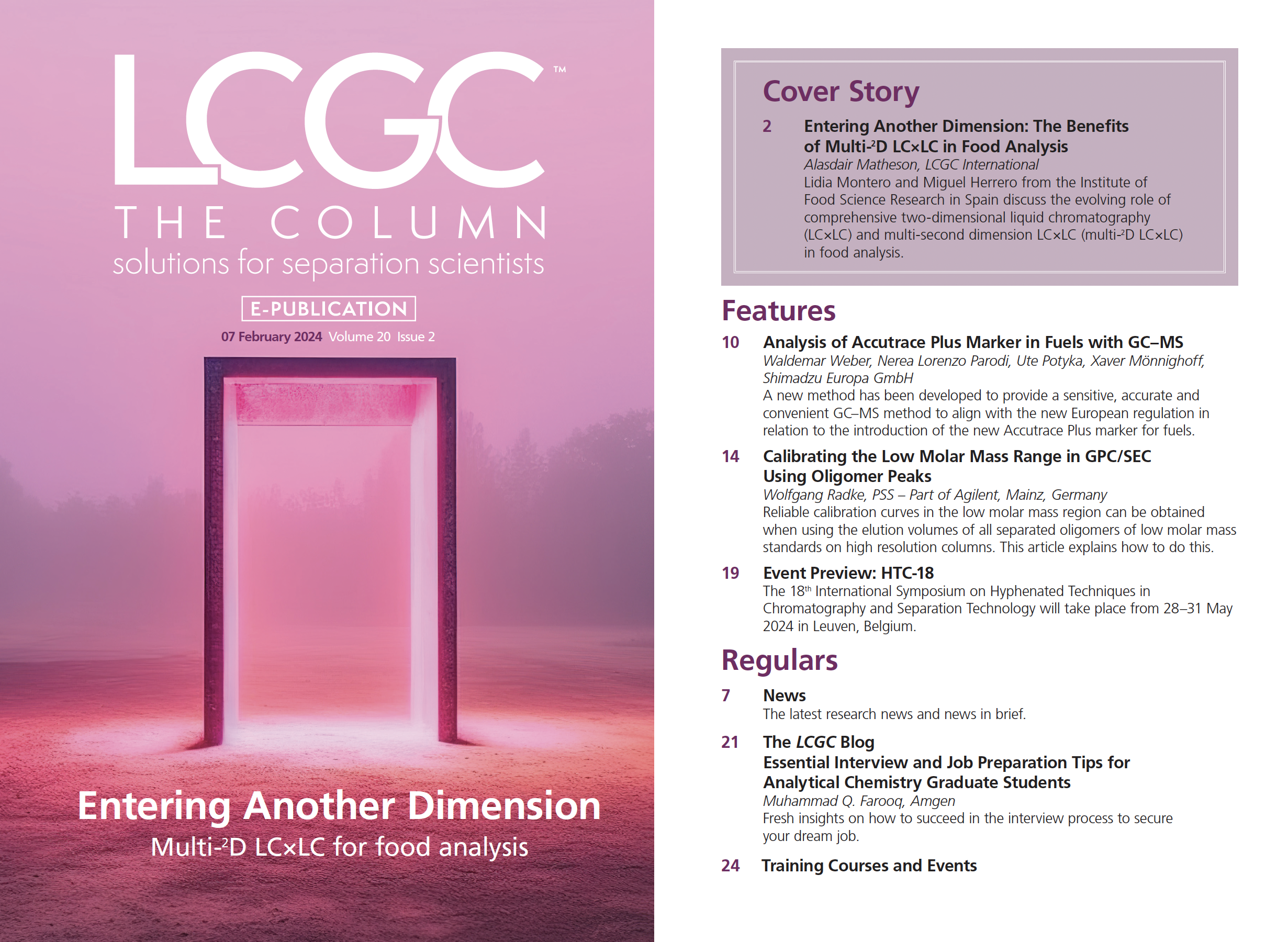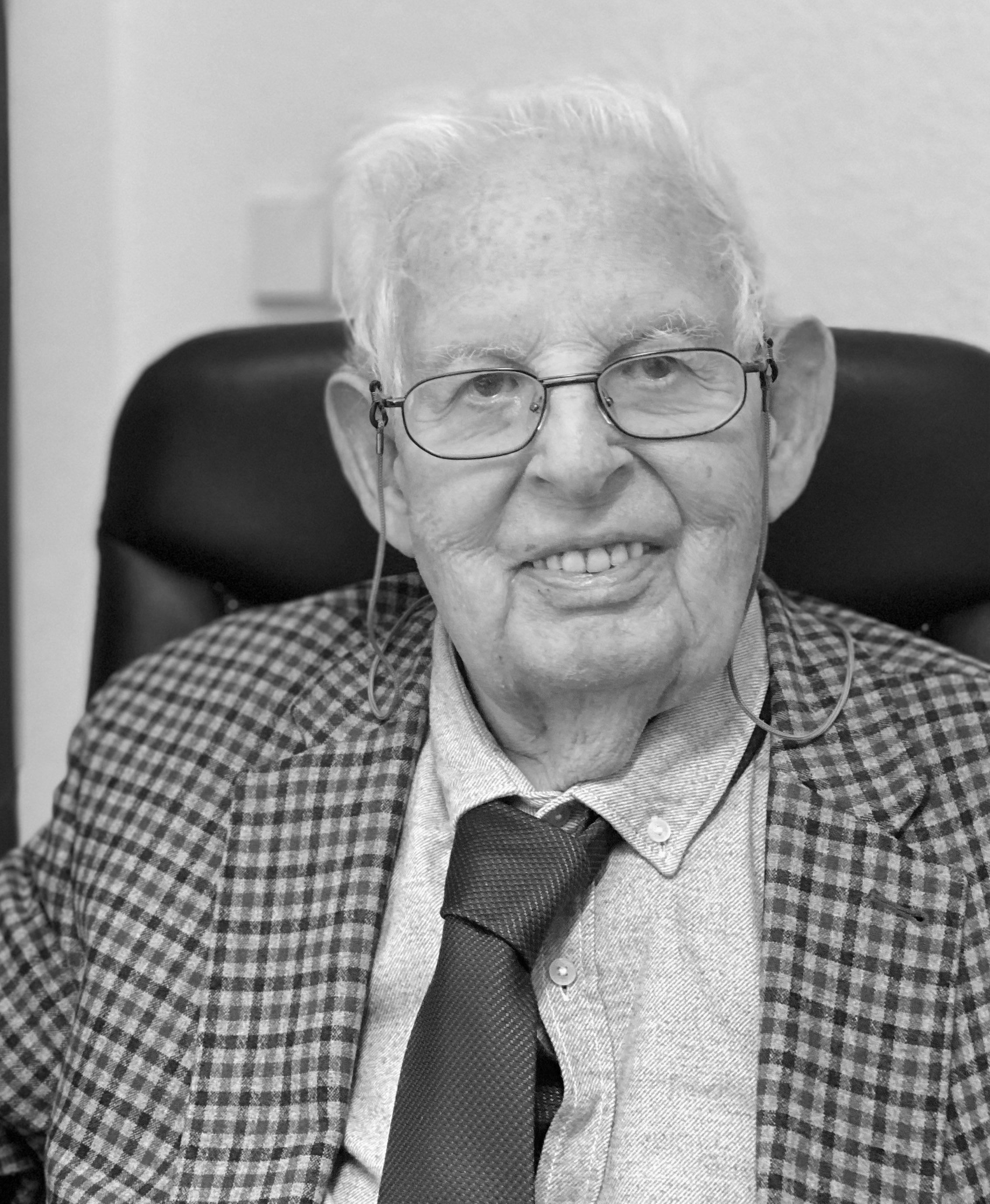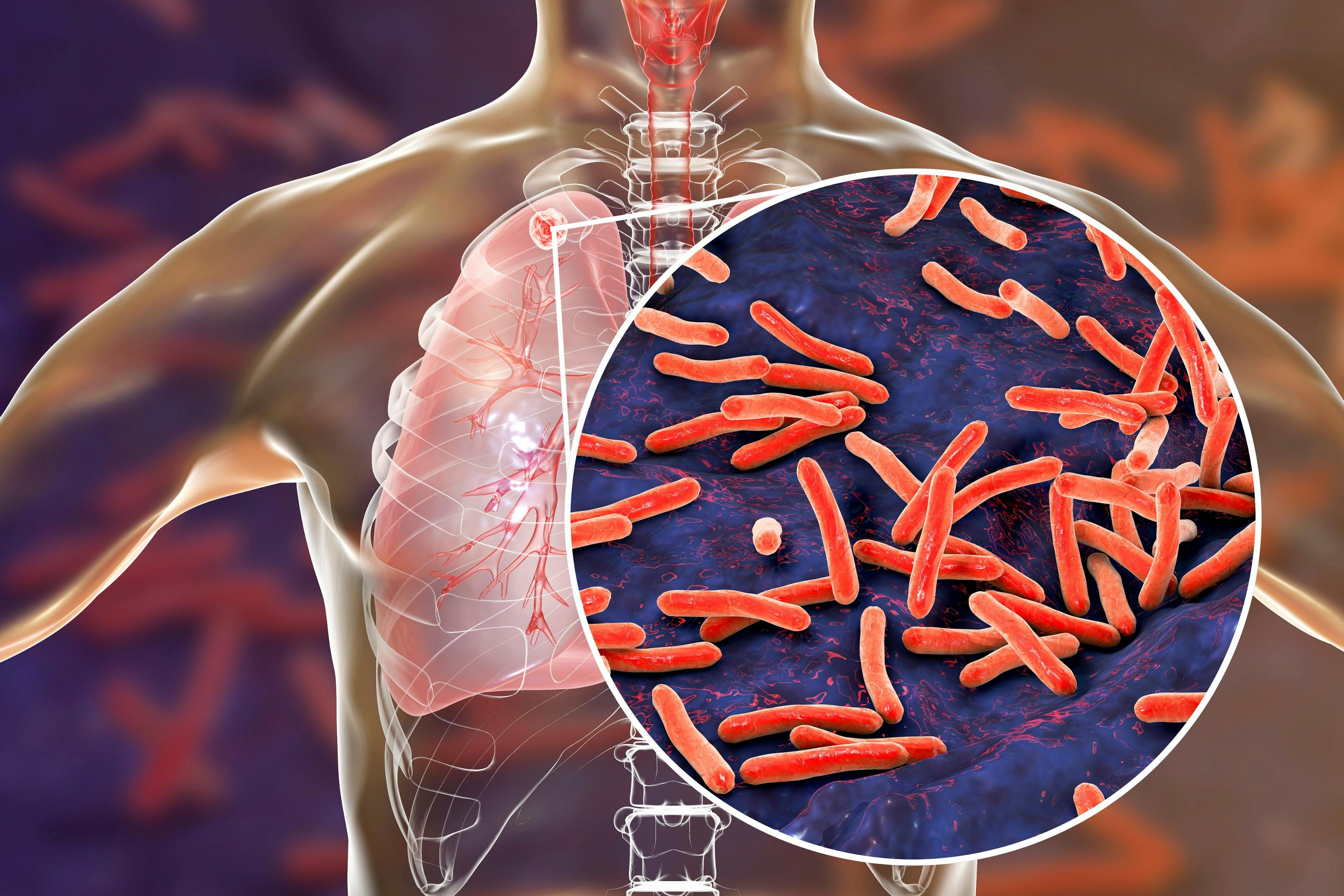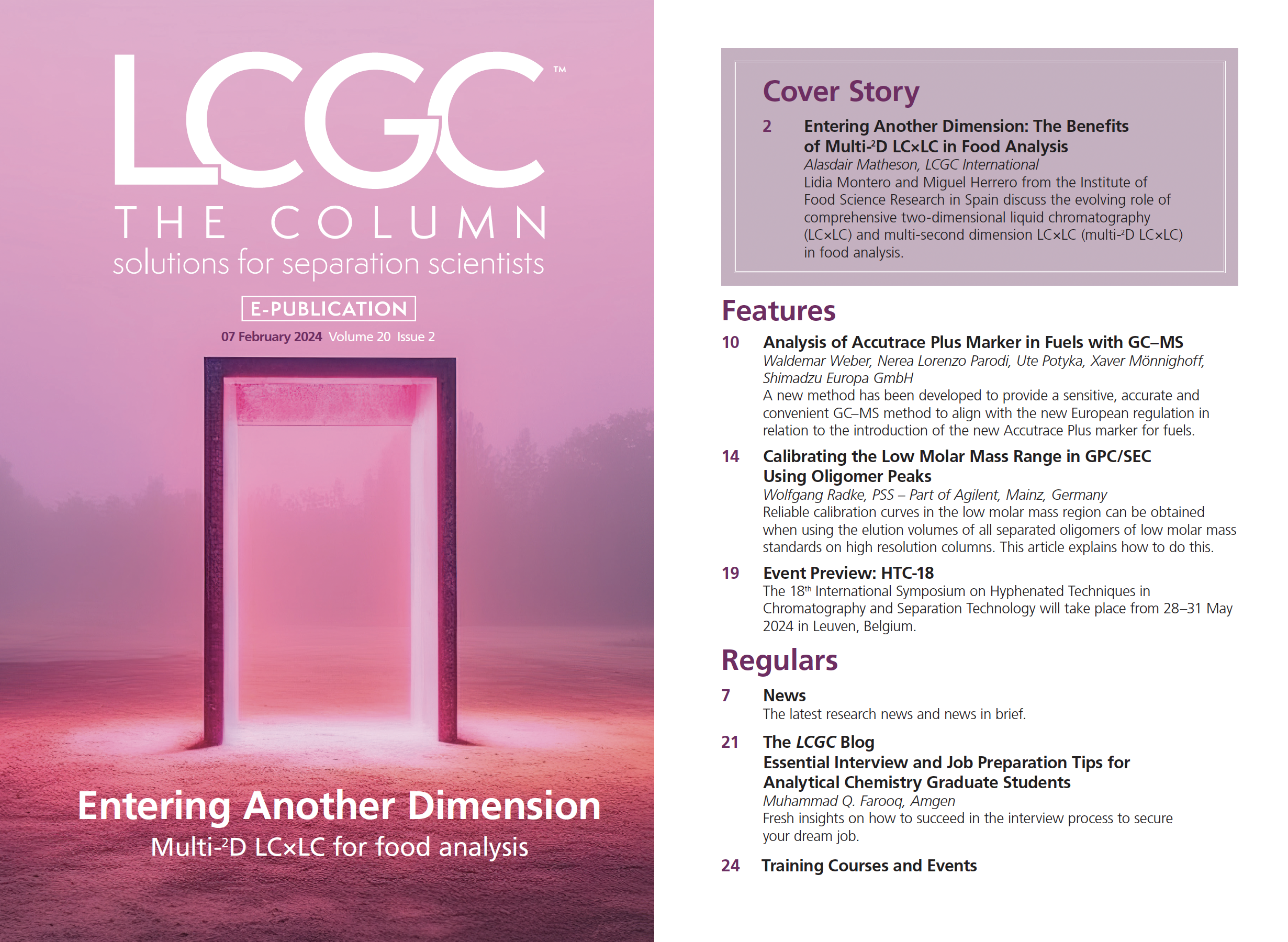Essential Interview and Job Preparation Tips for Analytical Chemistry Graduate Students
Are you a graduating student with expertise in separation science, contemplating pursuing a career in the pharmaceutical industry? This blog is tailored for you, as my recent 2022 graduation and subsequent entry into the pharmaceutical sector has provided me with fresh, relevant insights.
As you approach graduation, the tension to find a job increases. Several things were looming over my mind: what to do after earning my PhD, how to start looking for a job, which industry my skillset is most suitable for, and whether I should pursue a postdoctoral fellowship. This is not an easy decision to make. In academia, the system is quite saturated, and only one out of eight PhDs can attain an academic position in the U.S., according to a study by Larson et al (1). I would like to share my story, hoping that it can provide you with some insights on the job searching process, both in general and regarding the pharmaceutical industry. As per the U.S. Bureau of Labor Statistics, the pharmaceutical and medicine manufacturing industry has the highest concentration of employment among chemists (2). According to a survey, the global drug development industry employs over 5 million people, out of which over 1.3 million people are employed in the U.S., specifically with a high demand for separation scientists. Separations are used in several aspects of the drug development process, including purification, analysis, quantification, and quality control.
The factors that motivated me to pursue a career in the pharmaceutical industry included the opportunities to interact with different leading medicinal companies at various symposia and conferences during graduate school; reading the work of different research and development teams in the pharmaceutical industry; talking to former students who joined the healthcare industry; and my interest to contribute towards development of novel therapies that can help mankind. One of the most beneficial things that you can do for yourself after joining a research group is to communicate your goals with your advisor. Tell them what your future plans are after graduation; they can often help you choose a project that aligns with your goals and train you for the career path of your choice. If you want to go on an academic route, they can train you in grant writing and funding applications. If you want to enter an industry position, they can help you diversify your skillset and encourage you to learn techniques and instrumentation that may become very handy in your industrial job. Let us discuss the steps you should take before applying for a job. If you apply for a position or reach out to someone for a potential position, what’s the first thing they will do? Look up your professional presence and digital footprint. Here are a few platforms where you can have a professional profile:
- LinkedIn profile (Always use a professional picture)
- Google Scholar
- ResearchGate or Scopus.
What are diverse ways you can increase your professional network, which can be extremely beneficial in your job search?
- Conferences: Attending conferences related to your field will help a lot in your professional growth. If you are wondering what to do and expect at these conferences, the LCGC Blog by Andre Striegel in the January issue of The Column has all the answers (3). Also, do not depend too much on the supervisor to send you to conferences and financially support the hotel stays. You can be proactive and spend some of your own savings as an investment for attending conferences, especially for job hunting.
- Attend Organized Symposiums: Several leading pharmaceutical companies organize in-person and virtual symposia for targeted candidates, which often require proper applications before you are invited to attend. Students are often recruited by big healthcare companies through these symposiums. Therefore, keep an eye out for these, as there could be no better opportunities to interact with potential hiring managers, learn about company cultures, and interact with fellows with similar interests.
- Internships: Pharmaceutical companies offer several research-oriented and well-paid internships for graduate students. These internships often translate to potential job offers if your performance is up to expectations.
- LinkedIn Connections: Make LinkedIn connections with leaders of your field, potential hiring managers, people who share insights about the field or job opportunities, and recent hires who can shed light on their experiences. Always professionally introduce yourself if you get the opportunity in your LinkedIn connection invitations.
How do you ace the interview process?
Always dress and present yourself professionally. Casual dressing can leave a negative impression on the person interviewing you, implying a lack of seriousness. Before you apply, get your cover letter and CV reviewed by others, and incorporate any suggestions that seem suitable. Another crucial factor is identifying your transferable skills and what makes you suitable for the position. For example, here are a few examples of soft and hard skills for an analytical scientist that can help a lot during interview and professional life:
Soft Skills
- Scientific writing
- Time management
- Excellent communication with team and management
- Presentation of your work
- Rational thinking
Hard Skills
- Strong theoretical background in your field
- Instrument troubleshooting
- Detailed and accurate documentation of your work
- Strong basic arithmetic and algebra
- Keeping workspace clean and tidy
Presenting your research work is one of the most important parts of your interview, especially so for nearly every research position at a big healthcare company that requires a PhD. It can become the Achilles heel for several people if adequate consideration and effort are not put into its preparation. It is important to realize that there is a difference between an academic presentation and an industrial interview presentation. It can be a challenge to summarize all your PhD work within a short time span of 20–40 min. However, the truth is, you do not need to summarize everything; instead, choose one or two projects that are most relevant to the job you are applying for.
- Focus on the story.
- What is the importance of your work?
- Why are you doing it?
- What improvements have you made on previous work in the field?
- How is your work beneficial to the field?
- Why should anyone in the audience care about it?
- Do not include esoteric stuff in your presentation.
- Keep your presentation coherent.
- Make sure there are no typographical errors or other mistakes.
- Get feedback from your peers and other senior people who have been through this process before.
- It might be worth considering sending a thank you email to the interview team for their time and consideration.
- And since you have made it this far in this blog, here is a secret tip: Several hiring managers are very nice and are more than willing to have a look at your presentation and provide their feedback. Give it a shot!
In the last part of this blog, I would like to focus on the major differences between academic research and the pharmaceutical industry, and what to expect when you finally get a job in the healthcare industry and make the transition. Firstly, here are some habits that you can develop in graduate school that will help you a lot in the industry.
- Keeping a legible, detailed laboratory notebook.
- Making sure your data is reproducible.
- Completing your projects in a timely fashion.
- Having effective and timely communication with lab mates, advisors, and external collaborators.
Difference Between Academia and the Pharmaceutical Industry
In the drug development industry, you are expected to work for 40 hours a week, which can be bittersweet. On one hand, you are not expected to work more than that and make use of the cutting-edge technologies in advanced labs and the resources required to get the job done. However, a wrong decision can lead to significant delay in both your deliverables and the whole team’s goals. This is where foresight, time management, effective communication, and multi-tasking skills come in handy.
Finally, I would like to discuss adherence to regulatory guidelines in the pharmaceutical industry. Some strict rules and regulations need to be followed because human lives are involved, from unborn babies to 90+ year-old elderly people. Being a laboratory safety officer for multiple years while pursuing my PhD, I always thought there would be little difference in regulations of pharmaceutical industry. That is not true! There is a lot of flexibility in graduate labs compared to the pharmaceutical industry. In academic labs, yes, there are SOPs, but the number of SOPs and detail is not as extensive as it is in the pharmaceutical industry. In my experience, based on how long you have worked in the industry, you will have to refer to every part of the hundreds of SOPs at one time or another. Therefore, it is important to brace yourself for significant changes in the extent of documentation and adherence to regulatory guidelines and SOPs.
Engaging in pharmaceutical research and development brings a unique sense of accomplishment through its direct role in enhancing patient outcomes and quality of life. This blog is an effort to encourage graduate students to start working on their professional profiles before stepping into the job market. Navigating the interview process is an art, and I hope that the tips mentioned above can help you navigate it.
References
(1) Larson, R. C.; Ghaffarzadegan, N.; Xue, Y. Too Many PhD Graduates or Too Few Academic Job Openings: The Basic Reproductive Number R0 in Academia. Syst. Res. Behav. Sci. 2014, 31 (6), 745–750. DOI: 10.1002/sres.2210
(2) U.S. Bureau of Labor Statistics. Occupational Employment and Wages, May 2022, last revised April 25, 2023. https://www.bls.gov/oes/current/oes192031.htm (accessed 2024-01-29).
(3) Streigel, A. M. The LCGC Blog: So You’re Attending Your First Meeting. What Can You Expect? Column 2024, 20 (1). https://www.chromatographyonline.com/view/lcgc-blog-attending-first-meeting-what-expect
Muhammad Qamar Farooq is a scientist in the synthetic separations team at Amgen. His work focuses on analysis and purification of small and hybrid molecules using chromatographic techniques. He completed his PhD in 2022 under supervision of Dr. Jared Anderson at Iowa State University. His graduate research was focused on utilization of ionic liquids and deep eutectic solvents for analytical separations. He is also an executive committee member of ACS SCSC (Subdivision of Chromatography & Separations Chemistry).


Silvia Radenkovic on Building Connections in the Scientific Community
April 11th 2025In the second part of our conversation with Silvia Radenkovic, she shares insights into her involvement in scientific organizations and offers advice for young scientists looking to engage more in scientific organizations.
Regulatory Deadlines and Supply Chain Challenges Take Center Stage in Nitrosamine Discussion
April 10th 2025During an LCGC International peer exchange, Aloka Srinivasan, Mayank Bhanti, and Amber Burch discussed the regulatory deadlines and supply chain challenges that come with nitrosamine analysis.
Silvia Radenkovic on Her Research and Passion for Scientific Collaboration
April 3rd 2025Silvia Radenkovic is a laboratory clinical biochemical genetics fellow at UMC Utrecht, the Netherlands and a member of Females in Mass Spectrometry (FeMS). She is currently doing a clinical fellowship where she is involved in diagnosing and helping treat patients with inborn metabolic diseases (IMD). Her research focuses on IMD such as congenital disorders of glycosylation (CDG), omics techniques such as tracer metabolomics, and different disease models.














